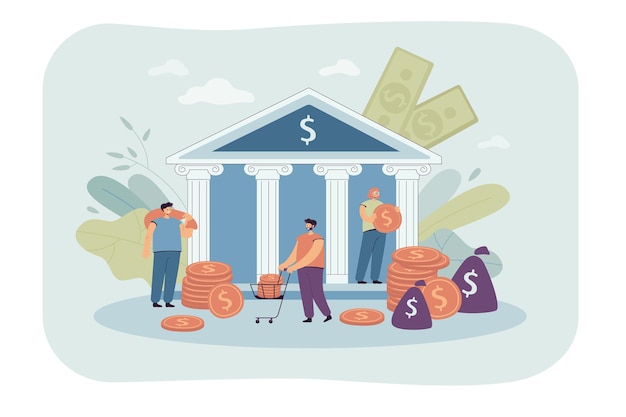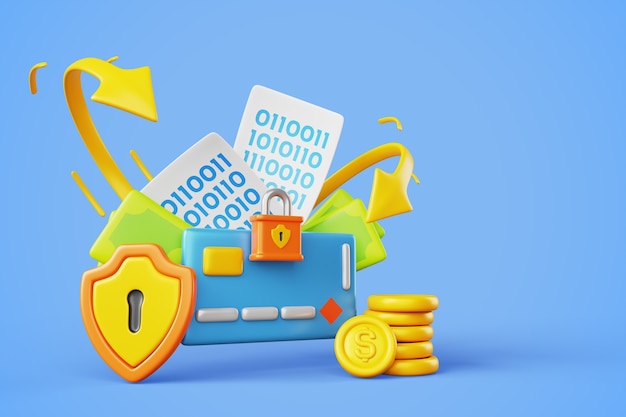
Bankruptcy can be a distressing event, resulting in a significant stain on your credit report for at least seven years, and in some instances, up to ten years. The financial pressures of today’s world coupled with the ongoing credit crunch in the U.S. has led to an increased number of families seeking bankruptcy protection. To underscore this, a report by the American Bankruptcy Institute, featured on CBS News, revealed that approximately 1.46 million people in the U.S. filed for bankruptcy in 2011.
On a brighter note, the rate of bankruptcy filings declined in 2012, though it remains high compared to past years. It’s important to be informed about the impact of such a decision on your credit worthiness after your debt dismissal. The aftermath of bankruptcy might not be as bad as the prevailing misconceptions suggest.
DEALING WITH CREDIT CARD OFFERS POST-BANKRUPTCY
Surprisingly, even when the sting of bankruptcy remains fresh on your file, pushing your credit score into a downward spiral, credit card offers will soon reappear in your mail. Shockingly, these offers might arrive even before the approval papers of your bankruptcy have had time to dry. While these might not be premium cards and the attached interest rates could be sky-high, they will arrive nonetheless.
Should you choose a conventional Chapter 7 bankruptcy, all the debt, save for student loans and back taxes, will be eradicated from your file. The interesting fact here is that although Chapter 7 allows for multiple filings, the legal requirement insists on an eight-year gap between consecutive filings.
Armed with this knowledge, credit card companies eagerly welcome your patronage even after a bankruptcy incident, in the belief that Chapter 7 grantees, with their clean financial slate, are liable to incur more debt. Additionally, they bank on you accumulating more charges that you can’t evade for roughly the next ten years. In essence, they count on the recurrence of these debt cycles in your financial life.
IMPROVING YOUR CREDIT SCORE
To recover from a bankruptcy, it’s beneficial to keep some level of debt on your credit report. Whether this is an ongoing student loan, your vehicle’s payment note that survived the bankruptcy, or a new secured credit card obtained after the proceedings, it’s crucial to uphold a consistent history of timely payments.
When the debt from your bankruptcy surfaces as discharged on your file, the only remaining item will be your ongoing prompt payments for any open accounts. Maintaining current payments and refraining from making new credit inquiries should lead to a rapid rise in your credit score, potentially within a few months of filing.
Enduring the process of bankruptcy, like millions of Americans, does not mean the end of your creditworthiness. With time and disciplined financial habits, your credit score can recover and even flourish despite a past bankruptcy.


